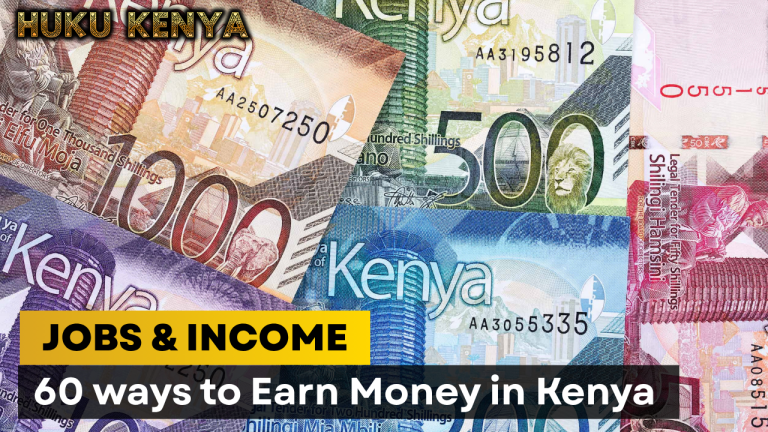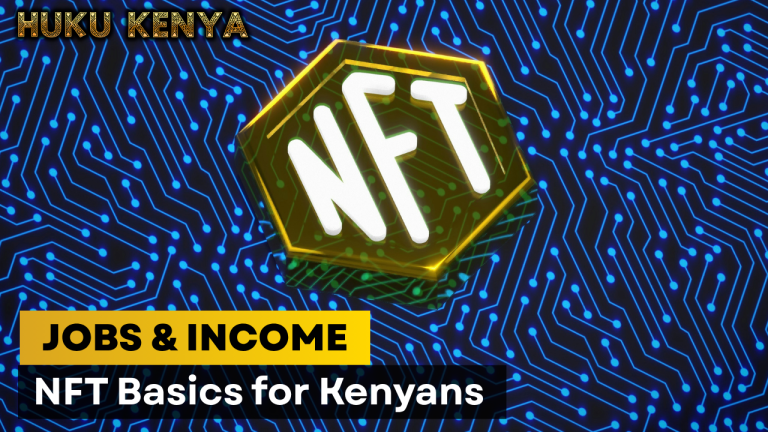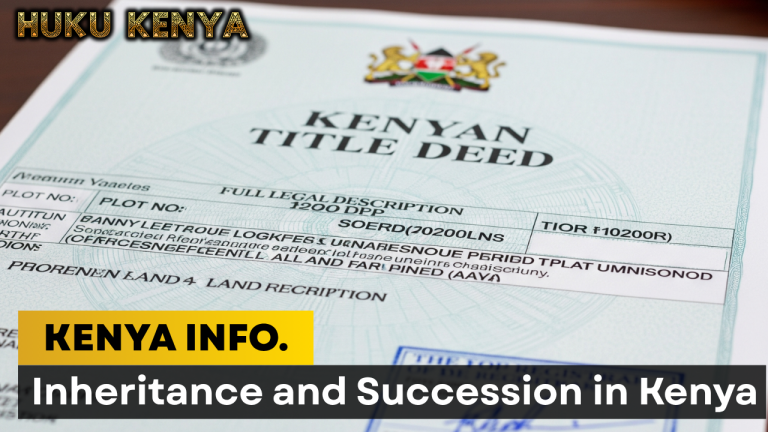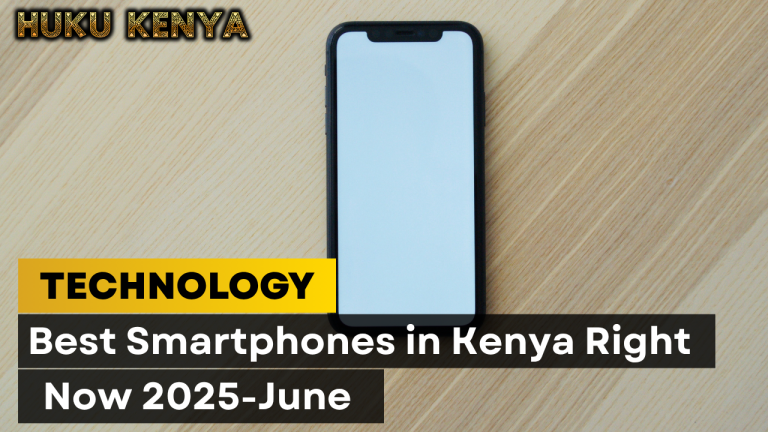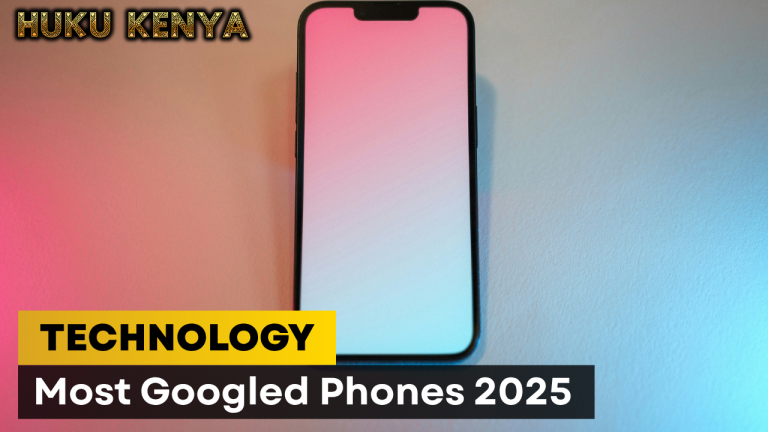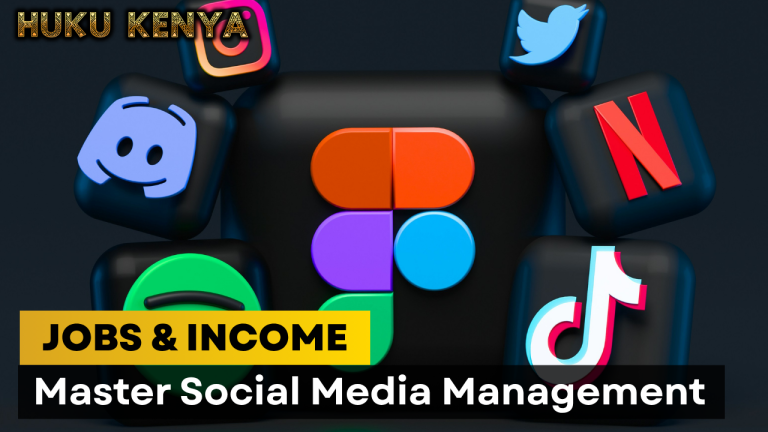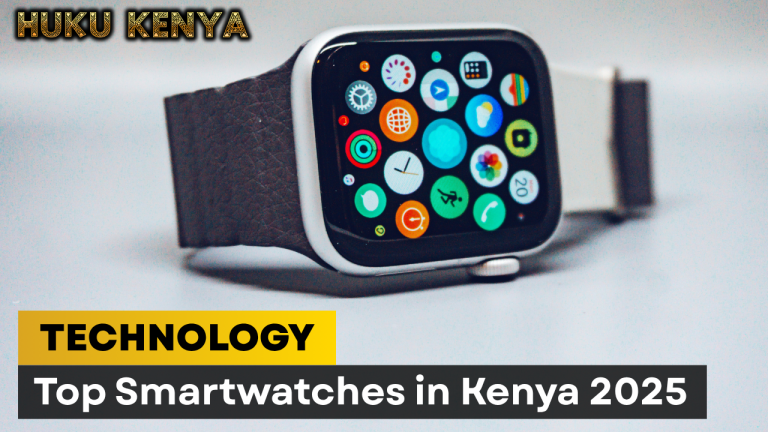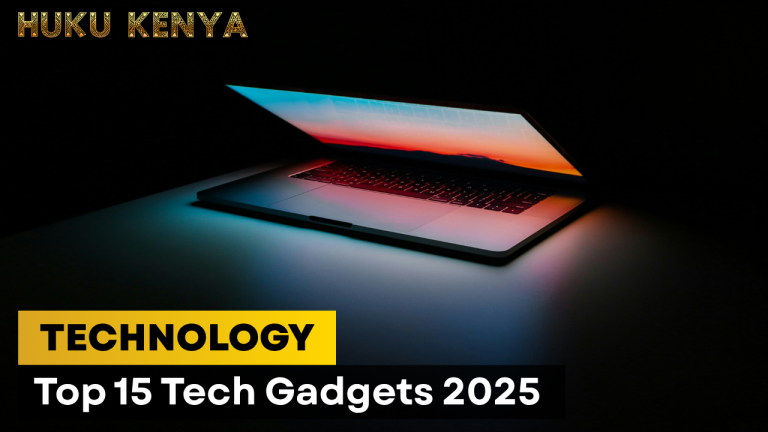
Your mind is a goldmine. Seriously. In the age of information overload, what truly stands out is curated, practical, and accessible knowledge. For Kenyan students, your unique perspectives, lived experiences, and specialized skills are not just academic assets; they are valuable commodities that can be packaged and sold online. This is the essence of the “knowledge economy,” and it’s a rapidly growing sector.
Whether you’re a whiz at essay writing, an expert in a specific software, have mastered a particular language, understand Kenyan personal finance better than most, or possess a unique artistic skill, there’s an audience eager to learn from you.
Why Selling Your Knowledge Online is Powerful for Students
- Leverage Existing Expertise: You’re already acquiring knowledge in your studies. Why not package and sell it?
- Zero Inventory Costs: Digital products mean no physical goods, no shipping, no storage. Pure profit on every sale after platform fees.
- Scalable Income: Create a course or eBook once, and sell it hundreds or thousands of times. The work is front-loaded, but the income can be truly passive.
- Build Authority & Personal Brand: Positioning yourself as an expert strengthens your resume and opens doors to future opportunities (speaking gigs, consulting, new jobs).
- Flexibility: Create and sell on your own schedule, perfectly fitting around university demands.
- High-Profit Margins: Since production costs are low, the profit margins on digital products are incredibly high.
- Impact: You get to help others learn, grow, and achieve their goals, which is incredibly rewarding.
What Kind of Knowledge Can You Sell Online? (Digital Products)
- eBooks:
- What it is: A digital book (usually PDF, ePub, or Kindle format) on a specific topic.
- Examples for Kenyan students:
- “The Kenyan Student’s Guide to Mastering Essay Writing”
- “A Beginner’s Guide to Investing in the Nairobi Stock Exchange”
- “20 Budget-Friendly & Healthy Kenyan Recipes for Students”
- “How to Get an International Scholarship as a Kenyan Graduate”
- “Cracking the KRA iTax System: A Simplified Guide for New Filers”
- “Your Ultimate Guide to Navigating Campus Life in [Your University]”
- Creation Tools: Google Docs, Microsoft Word, Canva (for design and cover), Adobe InDesign.
- Selling Platforms: Selar, Gumroad, Paystack (with storefront), Vendblue, Amazon Kindle Direct Publishing (KDP – for global reach), Google Play Books, your own website (e.g., WordPress with WooCommerce).
- Online Courses:
- What it is: Structured learning content, often including videos, text lessons, quizzes, assignments, and community forums. Can be self-paced or live.
- Examples for Kenyan students:
- “Introduction to Data Analysis with Excel/Python (for Kenyan Data Analysts)”
- “Mastering Social Media Marketing for Kenyan Small Businesses”
- “Practical Graphic Design for Beginners Using Canva”
- “How to Build a Portfolio and Get Your First Freelancing Client in Kenya”
- “Conversational Swahili for Expats: Level 1”
- “Personal Branding for Kenyan Job Seekers”
- Creation Tools:
- Video: Smartphone camera, basic lighting (ring light), external microphone (lavalier mic). Editing software like DaVinci Resolve (free), CapCut (mobile), KineMaster (mobile), or Adobe Premiere Pro.
- Presentation: Google Slides, PowerPoint.
- Screen Recording: OBS Studio (free), Loom.
- Selling Platforms:
- Dedicated Course Platforms: Teachable, Thinkific, Kajabi (more advanced, all-in-one).
- African-focused Platforms: Selar (very popular in Kenya, accepts M-Pesa).
- Marketplaces (lower control, higher reach): Udemy, Skillshare (revenue share model).
- Local Initiatives: Laimoon.com allows you to list and promote courses in Kenya. Moringa School also partners on certain courses.
- Templates & Resources:
- What it is: Pre-designed digital files that people can customize and use. Saves them time and effort.
- Examples for Kenyan students:
- Canva templates for social media posts (e.g., “50 Instagram Templates for Kenyan Fashion Bloggers”)
- Resume/CV templates optimized for the Kenyan job market
- Excel/Google Sheets budget planners for students
- Project proposal templates for small businesses
- Customized Notion templates for productivity
- Lightroom presets for photographers
- Creation Tools: Canva, Microsoft Office, Google Workspace, Notion.
- Selling Platforms: Selar, Gumroad, Etsy (for creative templates), your own website.
- Workbooks & Guides:
- What it is: Interactive PDFs or printable documents that guide users through a process or help them practice a skill.
- Examples:
- “A 30-Day Financial Freedom Workbook for Kenyan Youth”
- “My Daily Affirmation Journal & Goal Planner”
- “The Ultimate Checklist for Starting a Small Business in Kenya”
- Creation Tools: Canva, Google Docs, Adobe InDesign.
- Selling Platforms: Selar, Gumroad, your own website.
- Online Coaching/Consulting:
- What it is: One-on-one or group sessions where you provide personalized guidance and advice based on your expertise.
- Examples for Kenyan students:
- Career coaching (resume review, interview prep specific to Kenya)
- Academic tutoring (e.g., Math, Science, specific university courses)
- Business coaching for aspiring student entrepreneurs
- Fitness/Nutrition coaching (if qualified)
- Mentorship on freelancing or digital skills
- Tools: Zoom, Google Meet, Calendly (for scheduling), your own website for booking.
- Platforms: LinkedIn (for finding clients), Upwork/Fiverr (for specific services), your own website.
Step-by-Step Guide to Selling Your Knowledge Online
1. Identify Your Expertise & Target Audience
- Brainstorm: What do you know well? What do people often ask you for help with? What are you passionate about?
- Validate: Is there a demand for this knowledge? Use Google Trends, social media polls, and look at what other creators are selling. Who specifically needs this information? How old are they? What are their pain points?
2. Structure Your Knowledge into a Product
- Outline: Break down your topic into logical modules, chapters, or steps.
- Create Content: Write your eBook, record your videos, design your templates. Focus on clarity, conciseness, and delivering value. Even with a smartphone, you can record decent video and audio.
- Quality Check: Proofread your eBook, review your videos, test your templates. Get feedback from friends.
3. Choose Your Selling Platform(s)
This is crucial for reach and payment processing in Kenya.
- Selar (Highly Recommended for Kenya):
- Pros: Made for African creators, seamless M-Pesa integration, easy to set up eBooks, courses, templates, and more. Free plan available. Has an affiliate marketplace for your products.
- Cons: Less international recognition than global platforms.
- Gumroad:
- Pros: Very easy to use, accepts global payments (including cards that Kenyans use), minimalist storefront. Good for eBooks, templates, digital art.
- Cons: No direct M-Pesa integration (requires customers to use cards/PayPal). Takes a percentage of sales.
- Teachable / Thinkific:
- Pros: Robust features for online courses, professional look, good for building a branded “school.”
- Cons: Paid plans can be expensive (though free plans exist with limitations). You’ll need to integrate a payment gateway like Pesapal or Paystack for M-Pesa.
- Your Own Website (WordPress with WooCommerce/LearnDash):
- Pros: Full control, professional, can integrate multiple payment gateways (Pesapal, Paystack, DPO for M-Pesa).
- Cons: Requires more technical setup and maintenance.
- Amazon KDP / Google Play Books:
- Pros: Huge global reach for eBooks.
- Cons: Lower control over pricing, less commission than direct sales, payment via bank transfer/PayPal (not M-Pesa directly).
4. Price Your Knowledge Strategically
- Value-Based Pricing: How much value does your product provide? How much time/money will it save your customers?
- Competitor Analysis: Look at similar products in Kenya and globally.
- Tiered Pricing: Offer different packages (e.g., basic eBook, eBook + workbook, eBook + 1-hour coaching).
- Consider Your Audience: What can your target audience in Kenya realistically afford?
5. Market Your Digital Product
- Content Marketing:
- Blog/Social Media: Create free content (blog posts, short videos, social media tips) that relates to your paid product. Give away some value to build trust, then direct people to your paid offering.
- Webinars/Free Masterclasses: Host a free session on a topic, then pitch your course or eBook at the end.
- Social Media Promotion:
- Share snippets, testimonials, and behind-the-scenes content on TikTok, Instagram, Facebook, and LinkedIn.
- Use targeted ads (Facebook/Instagram Ads) to reach your ideal Kenyan audience.
- Email Marketing: Build an email list by offering a free lead magnet (e.g., a mini-guide, a checklist) and then nurture your subscribers with valuable content and promotions for your paid products.
- Collaborations: Partner with other creators or influencers in Kenya to cross-promote.
- Affiliate Program: If your platform allows (like Selar), set up an affiliate program so others can earn a commission for promoting your product.
6. Provide Excellent Customer Support
- Be responsive to inquiries.
- Address any issues promptly (e.g., download problems).
- Encourage reviews and testimonials, which build social proof.
Getting Paid: Crucial for Kenyan Sellers
- M-Pesa: This is absolutely vital for selling to the Kenyan market. Platforms like Selar, Vendblue, and Paystack have direct M-Pesa integration. If using platforms like Teachable, you’ll need to integrate a payment gateway like Pesapal or DPO that supports M-Pesa.
- Bank Transfer: For larger payments or from specific platforms.
- PayPal / Payoneer: Necessary if you’re selling on international platforms that don’t support direct M-Pesa payouts. You’ll then withdraw from these to your M-Pesa or bank.
Legal and Tax Considerations in Kenya
- KRA PIN: Ensure you have a valid KRA Personal Identification Number.
- Income Tax: Income from selling digital products is taxable. You’ll need to declare these earnings to KRA.
- Digital Service Tax (DST): As a digital content provider, you may be subject to the 1.5% DST on the gross value of your sales. Consult with a tax advisor for clarity, as this is a complex area.
- Business Registration: While you can start as a sole proprietorship, if your business grows, consider registering a business name or company.
- Copyright: Ensure your content is original and you have the rights to any images, music, or other assets you use. Protect your own work with copyright notices.
- Terms of Service/Refund Policy: Clearly outline your terms of service and refund policy on your sales pages.
Selling your knowledge online is an empowering path. It allows you to transform your intellectual assets into tangible income, build a powerful personal brand, and contribute meaningfully to the education and development of others in Kenya and beyond. Start small, learn as you go, and watch your mind become a true money-making machine.

